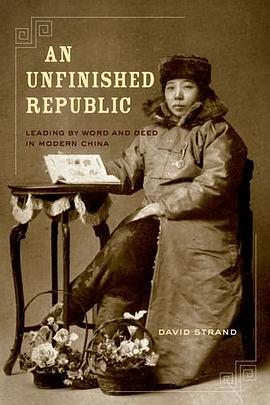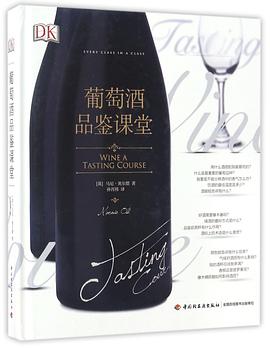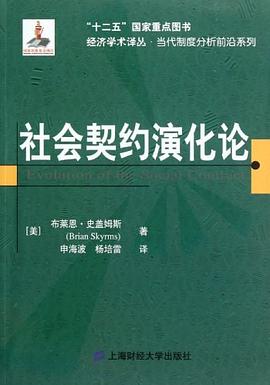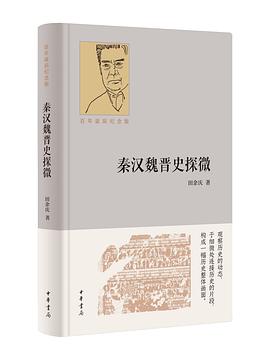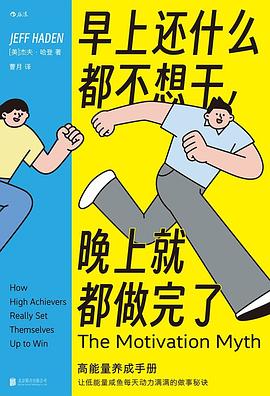An Unfinished Republic
内容简介
In this cogent and insightful reading of China’s twentieth-century political culture, David Strand argues that the Chinese Revolution of 1911 engendered a new political life—one that began to free men and women from the inequality and hierarchy that formed the spine of China’s social and cultural order. Chinese citizens confronted their leaders and each other face-to-face in a stance familiar to republics worldwide. This shift in political posture was accompanied by considerable trepidation as well as excitement. Profiling three prominent political actors of the time—suffragist Tang Qunying, diplomat Lu Zhengxiang, and revolutionary Sun Yatsen—Strand demonstrates how a sea change in political performance left leaders dependent on popular support and citizens enmeshed in a political process productive of both authority and dissent.
......(更多)
作者简介
David Strand teaches politics and history at Dickinson College and is the author of Rickshaw Beijing: City People and Politics in the 1920s
......(更多)
目录
List of Figures
Acknowledgments
Introduction: Republican China
1. Slapping Song Jiaoren
2. Speaking Parts in Chinese History
3. A Woman’s Republic
4. Seeing Like a Citizen
5. Losing a Speech
6. Sun Yat-sen’s Last Words
Conclusion: Leading and Being Led
Notes
Glossary
Bibliography
Index
......(更多)
读书文摘
......(更多)
